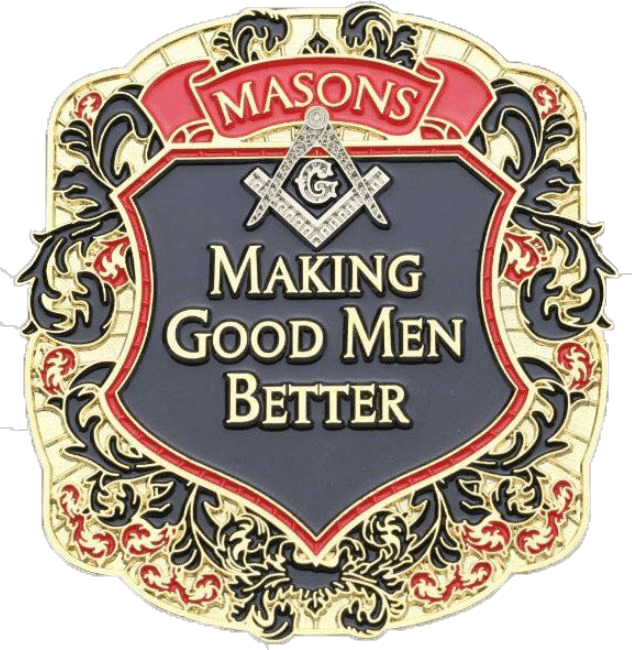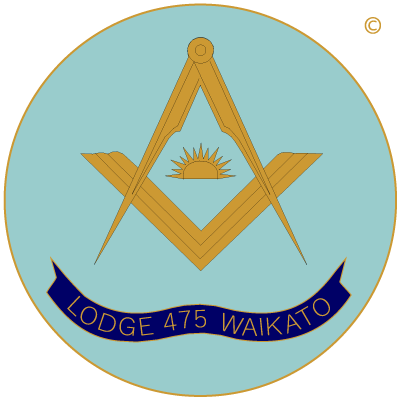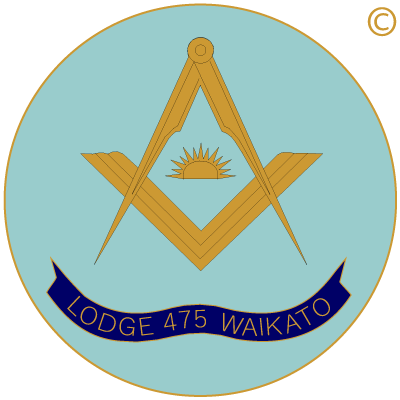Lodge Waikato No. 475 Freemasons Lodge in Hamilton NZ


What is Freemasonry?
Freemasonry offers its members an approach to life that seeks to reinforce thoughtfulness for others, kindness in the community, honesty in business, courtesy in society and fairness in all things. Members are urged to regard the interests of the family as paramount but importantly Freemasonry also teaches and practises concern for people, care for the less fortunate, and help for those in need.
On the site is a series of videos about Freemasons which will be of interest see button below.
Masonic Videos
What Promises do Freemasons take?
New members make solemn promises concerning their conduct in the Lodge and in society. These promises are similar to those taken in court or upon entering the armed services or many other organisations. Each member also promises to keep confidential the traditional methods of proving he is a Freemason, which he would use when visiting a lodge where he is not known.
Members also undertake not to make use of their membership for personal gain or advancement. Failure to observe this principle, or otherwise to fall below the standards expected of a Freemason, can lead to expulsion.
Is Freemasonry a religion?
Freemasonry is not a religion. It has no theology and does not teach any route to salvation. A belief in a Supreme Being (The Great Architect of the Universe), however, is an essential requirement for membership and Freemasonry encourages its members to be active in their own religions as well as in society at large.
Freemasonry embraces all men who believe in God. Its membership includes Christians, Jews, Hindus, Sikhs, Muslims, Parsees and others. The use of descriptions such as the Great Architect prevents disharmony. The Great Architect is not a specific Masonic god or an attempt to combine all gods into one. Thus, men of differing religions pray together without offence being given to any of them.
Although every lodge meeting is opened and closed with a prayer and its ceremonies reflect the essential truths and moral teachings common to many of the world’s great religions, no discussion of religion is permitted in lodge meetings.
